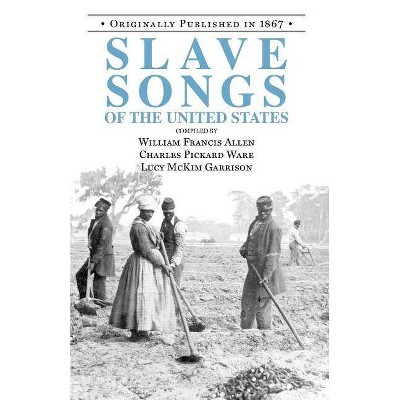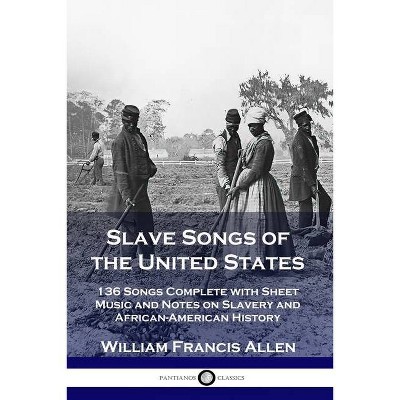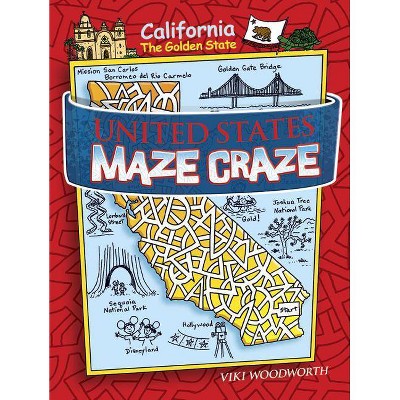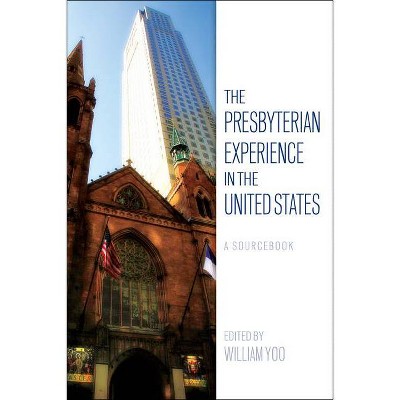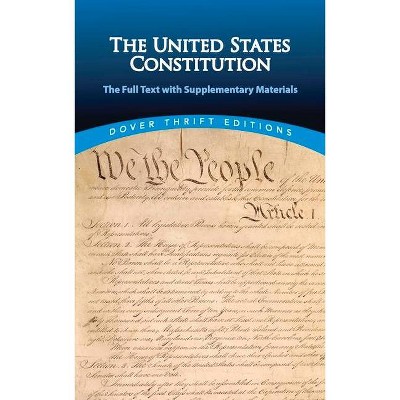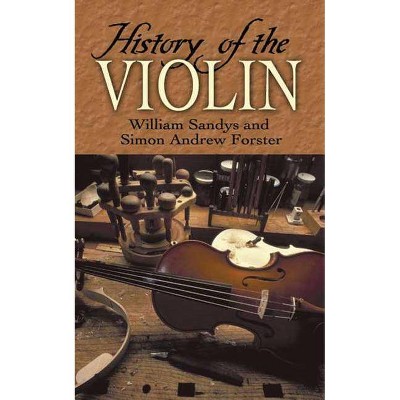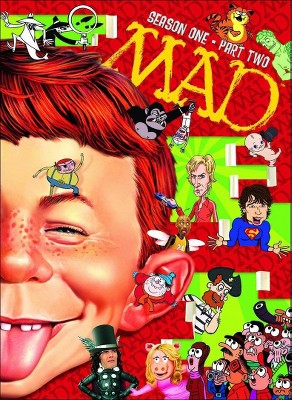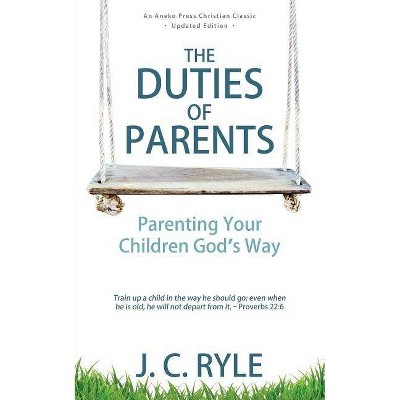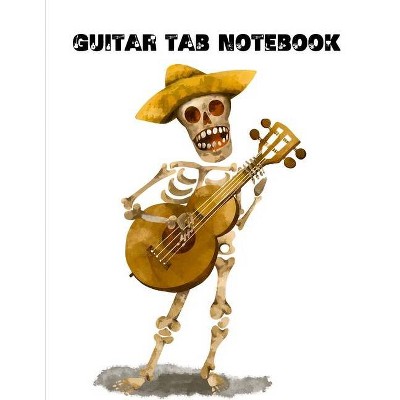Slave Songs of the United States - (Dover Books on Music) by William Francis Allen & Charles Pickard Ware & Lucy McKim Garrison (Paperback)
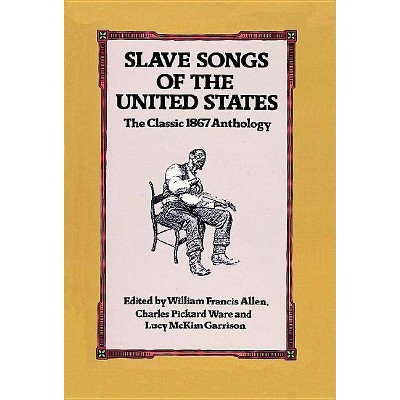
Similar Products
Products of same category from the store
Product info
<p/><br></br><p><b> About the Book </b></p></br></br>This 1867 landmark book was the first systematic effort to collect and preserve songs sung by plantation slaves. Most of the 130 songs, geographically arranged, were recorded directly from the singers themselves.<p/><br></br><p><b> Book Synopsis </b></p></br></br><p>First published in 1867, this landmark book represented the first systematic effort to collect and preserve the songs sung by the plantation slaves of the Old South. To ensure authenticity, the editors notated most of the melodies and words directly from the singers themselves. The result was a rare musical treasury containing complete music and lyrics for over 130 songs, arranged by geographical region. <br>Among them are: Roll, Jordan, Roll; Jehovah, Hallelujah; I hear from Heaven to-day; Michael, row the boat ashore; Turn sinner, turn O; Nobody knows the trouble I've had; No Man can hinder me; Heave away; Charleston Gals; I'm gwine to Alabamy; I want to die like-a Lazarus die; Belle Layotte; On to Glory Jacob's Ladder; My Father, how long?; Musieu Bainjo; Lean on the Lord's side; God got plenty o' room.<br>The book presents the melody lone and all the known verses to each song. The editors also include directions for singing, along with a commentary on each song's history, its possible variations, what some of its key references mean and other pertinent details. A new preface to the Dover edition by Harold Courlander appraises the book's importance in American musical and cultural history.</p><p/><br></br><p><b> From the Back Cover </b></p></br></br>Originally published in 1867, this book is a collection of songs of African-American slaves. A few of the songs were written after the emancipation, but all were inspired by slavery. The wild, sad strains tell, as the sufferers themselves could, of crushed hopes, keen sorrow, and a dull, daily misery, which covered them as hopelessly as the fog from the rice swamps. On the other hand, the words breathe a trusting faith in the life after, to which their eyes seem constantly turned.
Price History
Price Archive shows prices from various stores, lets you see history and find the cheapest. There is no actual sale on the website. For all support, inquiry and suggestion messagescommunication@pricearchive.us
